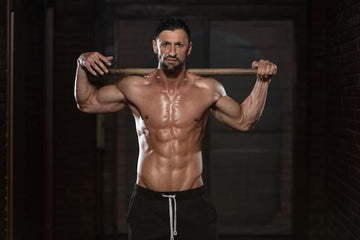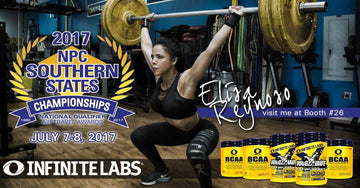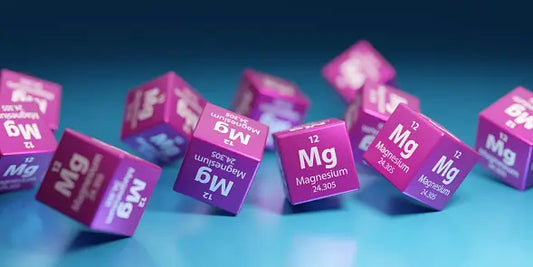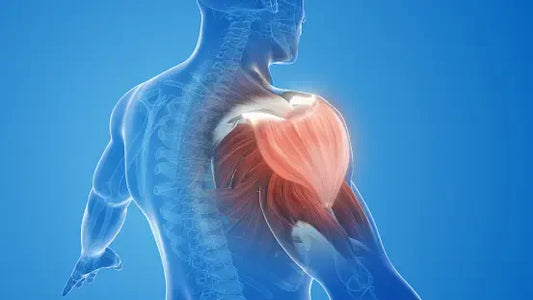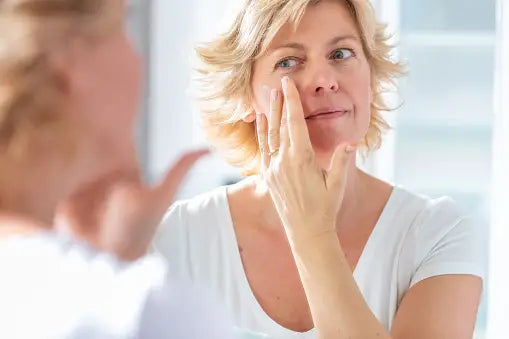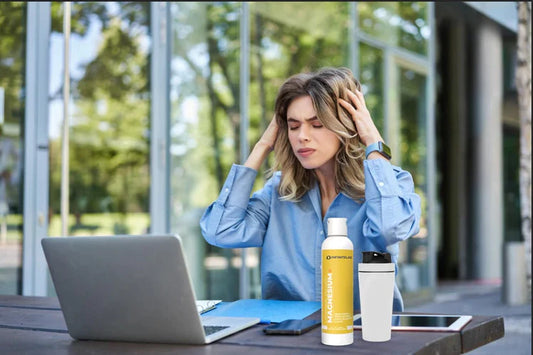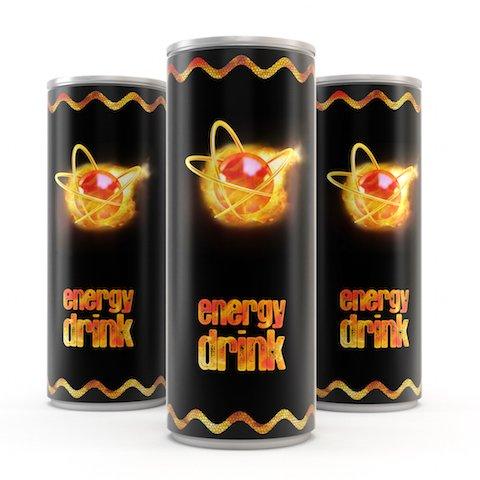

Why Drinking Energy Drinks and Alcohol is Worse than Alcohol Alone
Table of Contents
Why Drinking Energy Drinks and Vodka is Worse than Vodka
By: Robbie Durand
For the past few years, Red Bull and energy drinks are served with vodka is the ultimate all-nighter drink for college students. The first reports of this trend in combining alcohol and energy drinks were reported when underage and young adult drinkers experiencing high levels of alcohol intoxication were admitted to emergency rooms, prompting health care professionals and scientists to raise concerns about these products. Emergency department visits and calls to poison control centers related to alcohol and energy drinks consumption continue to rise. Longitudinal daily surveys of alcohol consumers have revealed that more alcoholic beverages are consumed by participants on days when energy drinks were mixed with the alcohol when compared with days where alcohol was consumed alone. So it seems that combining energy drinks and alcohol leads to more alcohol intake. So what is it about this combination that makes it so dangerous?

New research published in the Journal of ALCOHOLISM: CLINICAL AND EXPERIMENTAL RESEARCH, researchers suggests that drinking Red Bull and Vodka causes you to drink more than vodka alone. This study was to investigate whether the consumption of high caffeine energy drink mixers with alcohol would increase the desire to drink alcohol compared to the same amount of alcohol alone using a double-blind, within-subjects, placebo-controlled study design.
26 Participants of equal gender who were social drinkers attended six double-blind dose administration sessions that involved consumption of alcohol and energy drinks, alone and in combination. On each test day, participants received 1 of 6 possible doses:
1. 1.21 ml/kg vodka + 3.63 ml/kg decaffeinated soft drink,
2. 1.21 ml/kg vodka + 3.63 ml/kg energy drink,
3. 1.21 ml/kg vodka + 6.05 ml/kg energy drink,
4. 3.63 ml/kg decaffeinated soft drink,
5. 3.63 ml/kg energy drink, and
6. 6.05 ml/kg energy drink.
Following dose administration, participants repeatedly completed self-reported ratings on the Desire-for-Drug questionnaire and provided breath alcohol readings. At the end of the study, the scientists observed results clearly revealed that consumption of an energy drink with alcohol increased the desire to drink alcohol more than alcohol alone. Additionally, the alcoholic beverages that included the energy drink mixers received higher feel and like ratings in this study. Alcohol and energy drinks appear to be more rewarding to the brain than alcohol alone. Caffeine is well known to stimulate the brain’s dopamine levels as does alcohol as well. This is not just in humans, but animal studies have demonstrated that moderate doses of caffeine (similar to human consumption of energy drink mixers) increase the intake of alcohol.
Key Points: The use of alcohol and energy results in more “highs” and more alcohol consumption compared to alcohol alone. The combination of caffeine and alcohol has synergistic effects on brain’s reward system resulting in greater alcohol consumption.


